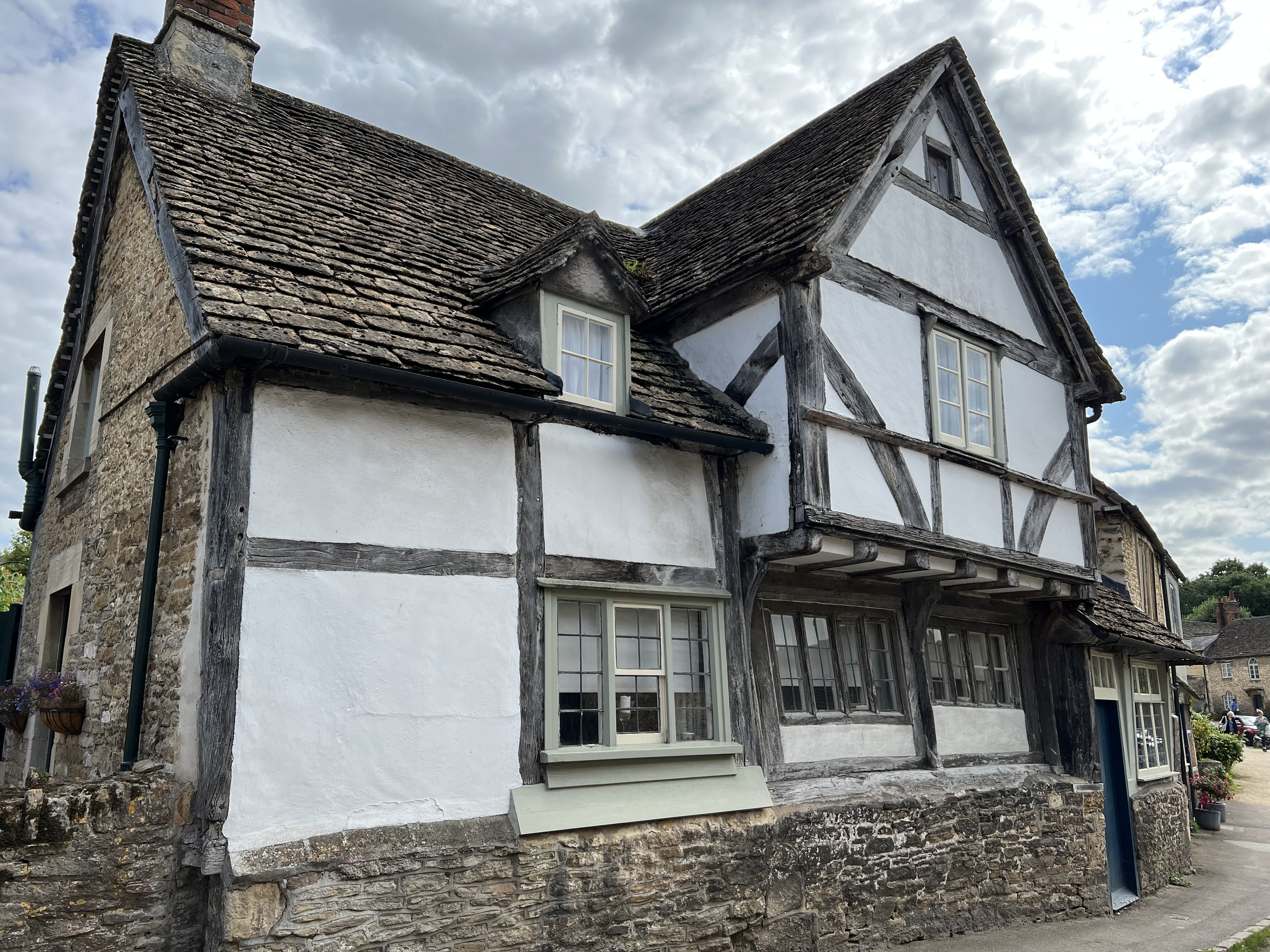This course focuses on the scientific and practical aspects of insulating solid walls, floors, and roofs in older buildings.
| 9.00 am | Registration and coffee |
| 9.20 am | Welcome |
| 9.30 am |
Basic building physics Understanding heat loss, dew points and moisture risk, airtightness, conduction and breathability, unintended consequences and managing moisture levels Speaker: Nick Heath, NDM Heath |
| 11.00 am | Questions and discussion |
| 11.30 am | Break |
| 11.45 am |
Insulating walls - the options Practical installation of IWI and EWI and insulating renders Speaker: James Ayres, Lime Green |
| 12.30 pm |
Insulating timber framed buildings Speaker: Marianne Suhr, Old House Consultancy |
| 1.15 pm | Questions and discussion |
| 1.30 pm | Lunch |
| 2.15 pm |
Roof insultation Insulating from above, insulating from below, bats, membranes and solar gain Speaker: Bob Prewett, Prewett Bizley Architects |
| 2.45 pm |
Insulating floors Laying limecrete floors and insulating suspended timber floors Speaker: Marianne Suhr, Old House Consultancy |
| 3.30 pm | Questions and discussion |
| 3.45 pm | Break |
| 4.00 pm |
Case study: Retrofitting a Victorian Terrace House Speaker: Bob Prewett, Prewett Bizley Architects |
| 4.30 pm | Case study: TBC |
| 5.00 pm | Discussion |
| 5.30 pm | End of course |
Please note, this course schedule may be subject to change.
This course focuses on upgrading and repairing historic window assemblies while preserving character and ensuring energy efficiency.
| 9.20 am | Welcome |
| 9.30 am | Old windows - why bother? |
| 10.00 am | Window repair |
| 10.30 am |
Assessing significance and justifying change Speaker: Laura Millbourn, Period Home Projects |
| 11.00 am | Break |
| 11.15 am |
Old windows and the science of heat transfer Speaker: Nick Heath, NDM Heath |
| 11.45 am | Secondary glazing systems - showcase by manufacturers |
| 12.45 pm | Questions |
| 1.00 pm | Lunch and product display |
| 1.45 pm |
Tailoring solutions based on use Speaker: Marianne Suhr, Old House Consultancy |
| 2.15 pm |
Upgrading old windows with replacement panes Speaker: Nick Heath, NDM Heath |
| 2.45 pm | Questions and discussion |
| 3.00 pm | Break |
| 3.15 pm | Detailing new windows in historic buildings |
| 3.45 pm | Specifying glass for new windows |
| 4.15 pm |
Case studies: alternative approaches Speaker: Bob Prewett, Prewett Bizley Architects |
| 5.00 pm | Questions and discussion |
| 5.30 pm | End of course |
Please note, this course schedule may be subject to change.
This course focuses on how renewable energy technologies can be incorporated into older properties.
| 9.20 am | Welcome |
| 9.30 am |
Climate change and the challenge of space and water heating Speaker: TBC |
| 9.45 am |
The science of space heating Thermal mass, conduction, convection, radiation, heat loss calculations, radiators v UFH Speaker: Nick Heath, NDM Heath |
| 10.30 am |
Adopting a fabric first approach Speaker: Bob Prewett, Prewett Bizley Architects |
| 11.00 am | Questions and discussion |
| 11.15 am | Break |
| 11.30 am |
Heat pumps and older buildings Ground, water and air source Speaker: Dan McNaughton, Historic England |
| 12.00 pm |
Biomass, wood burning stoves and real fires |
| 12.30 pm | Old buildings and overheating |
| 1.00 pm | Lunch |
| 1.45 pm |
Solar panels and historic settings Solar thermal and PV Speaker: Chris Worboys, Energy & Passivhaus Consultant |
| 2.15 pm | Infra red heaters |
| 2.45 pm |
Insights from The National Trust Speaker: Jo Lugg, The National Trust |
| 3.15 pm | Questions |
| 3.30 pm | Break |
| 3.45 pm |
Case Study 1: Athelhampton House Speaker: Stefan Pitman, SPASE |
| 4.30 pm |
Case Study 2: Victorian Terrace Speaker: Bob Prewett, Prewett Bizley Architects |
| 5.15 pm | Questions and discussion |
| 5.30 pm | End of course |
Please note, this course schedule may be subject to change
Course content from the above standalone courses will be covered over two consecutive days.
